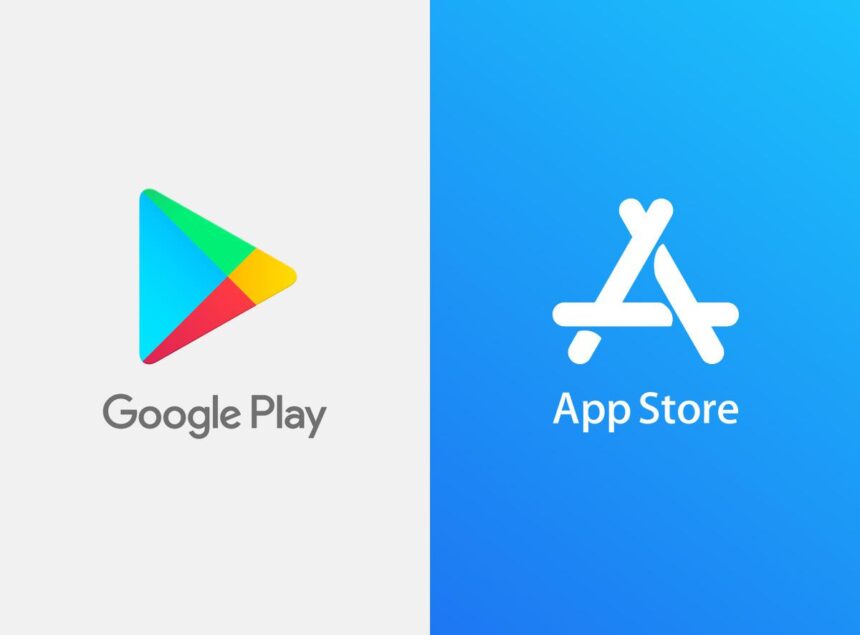A new Republican-backed bill known as the App Store Accountability Act is set to shake up how app stores operate in the U.S. Senator Mike Lee of Utah and Representative John James of Michigan are leading the charge with this legislation, which would require app stores to verify the ages of all users before they can download or make purchases from apps. The bill aims to provide an extra layer of safety for children and teenagers, ensuring that they aren’t exposed to harmful content like violent material or online predators.
What’s Happening & Why This Matters
The App Store Accountability Act proposes that app stores with at least 5 million users implement age verification at the account signup stage. This means that major app platforms like Apple’s App Store and Google Play Store would be required to determine whether users are underage, categorizing them as “young child” (under 13), “child” (13-15), “teenager” (16-17), or “adult” (18+). Notably, the bill mandates that parental consent must be obtained before minors can purchase or download certain apps.
This move stems from growing concerns about online safety, especially regarding children’s access to inappropriate or harmful content. Lawmakers are pushing for age verification to start at the app store level. By making app stores the gatekeepers of age information, platforms like Meta, Snap, and X can more easily ensure that their apps provide a safer experience for younger users. These tech giants have supported the bill, arguing that app stores are the best place to centralize age checks.

The bill is similar to a Utah law signed earlier this year, which also requires age verification on apps used by children. If passed, the App Store Accountability Act would be a strong step towards ensuring online safety for minors. It could have wide-reaching effects on the digital experience in the U.S.
However, this bill doesn’t come without controversy. Apple and Google have both expressed concerns about how the law could impact user privacy. For example, users might need to submit sensitive information, such as government-issued IDs or facial scans, to prove their age. While Apple and Google currently have safeguards to block explicit content, they argue that the App Store Accountability Act could violate user privacy rights by requiring them to share more personal information than is currently necessary.
Privacy experts also warn that the proposed age verification could have unintended consequences. Critics argue that the bill could potentially infringe on First Amendment rights, as adults might be forced to choose between providing personal information or missing out on access to apps, which could contain legally protected speech. These concerns have been echoed by Chamber of Progress, a tech industry-backed group that represents a more moderate stance on privacy.

Despite these concerns, the GOP lawmakers behind the bill argue that the App Store Accountability Act is necessary for the safety of children, who are often vulnerable to online dangers. According to Representative James, the bill will “hold Big Tech companies to the same standard as local corner stores” by ensuring that children are not exposed to addictive or adult content.
TF Summary: What’s Next
The App Store Accountability Act could mark a turning point in how tech platforms manage online safety for younger audiences. If passed, it would force app stores to be more active in verifying users’ ages and enforcing parental control. While there are significant concerns about the privacy implications, particularly regarding sensitive data collection, the bill may set the tone for future online safety legislation.
Apple, Google, and other tech giants will continue to engage with lawmakers to reform the bill in ways that address privacy and user rights concerns. Meanwhile, parents and advocacy groups may push for even stricter safeguards to protect children from exposure to harmful online material.
— Text-to-Speech (TTS) provided by gspeech


